As MPs dig out their buckets and spades, the rest of the country is breathing a sigh of relief. This has been a political year like no other.
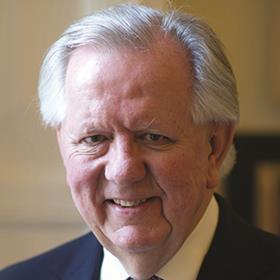
Theresa May is off walking in Italy and Switzerland but has promised not to think too hard while she’s hiking. Last time she went up a mountain she came down like Moses and called a general election. Suffice to say, it was not her finest hour. The fallout since has been ugly.
The deal with the DUP left a sour taste in many mouths and was another example of the PM perhaps not having the negotiating skills we had all assumed she had.
She could have given DUP leader Arlene Foster nothing and just warned her that if the Tories couldn’t get the Queen’s Speech through the Commons the DUP would be facing a pro-IRA Republican sympathiser as PM who would have had Northern Ireland as part of the Republic in five years flat - assuming of course that the Irish wanted it.
Instead the reverberations around the promised £1bn for the province have given Scotland’s Nicola Sturgeon and Wales’s Carwyn Jones big sticks to beat her with.
I have a lot of time for May: a dedicated, serious, loyal and committed public servant who will play her part as PM as well as she possibly can.
But the disastrous election, rightly blamed on her directly, means that the chances of her leading the Tories into the next election are minuscule.
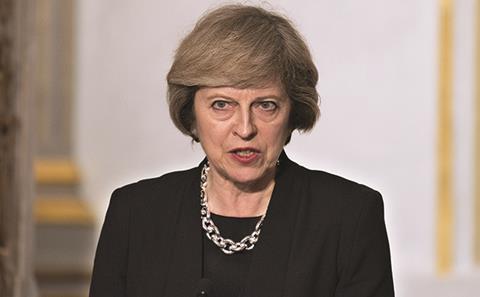
The question is when the succession should happen and there has been some recent indecent scrambling among the older contenders who see this as their last chance to claim the top spot.
Obvious successor?
David Davis has been the worst offender. The man who lost out to David Cameron in 2005 has been on manoeuvres and not all in Brussels. Friends (it’s always friends) put it about that Philip May had urged his wife to step down - clearly not true - and claimed the Brexit secretary was the obvious successor.
Friends of the foreign secretary made clear their man was still in the ring, although Boris’s star has waned significantly since his glory days dangling from a zip wire, while admirers of home secretary Amber Rudd fret that her 346 majority rules her out of the running.
They all know the best-qualified candidate is actually ‘Spreadsheet Phil’. The chancellor is a successful businessman and property developer, much more amusing in private but serious when necessary, economically literate and much tougher than he is given credit for.
I think he’s the man to beat, but the problem for these elder statesmen is that, barring a disaster, there won’t be a change of leader any time soon. Backbenchers have backed the PM to sack any ministers who step out of line. They want her in power as well as office not because they have forgiven her sins but because they want to survive.
They reason the best way to do that is to stick with May for the next couple of years until a semblance of normality returns and some of Labour’s rasher promises (like tuition fees) turn out to be undeliverable.
The Tories plan to attack Labour in a way that didn’t happen this time around - they know Labour’s splits haven’t gone away. They also want to let some of the next generation show what they are made of so watch out for Jesse Norman, Dominic Raab, George Freeman, Rory Stewart and, yes, the unsurpassable Jacob Rees-Mogg.
Apart from the Mogg you probably haven’t heard of any of them, but before 2005 who’d heard of David Cameron? And in 1994, a young chap who very few recognised and who had never held government office took over the Labour Party. The rest, as they say, is history.

























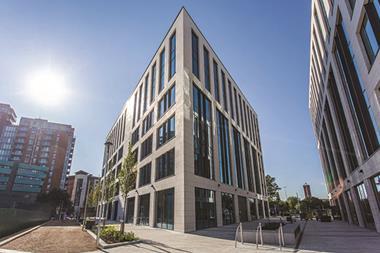
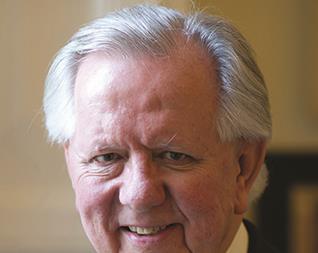
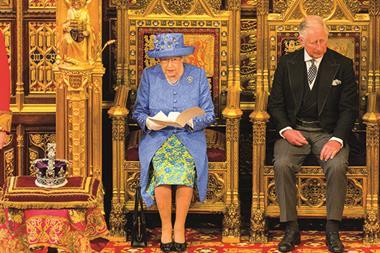
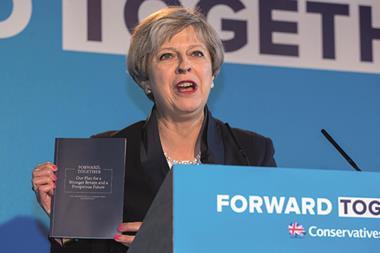


No comments yet